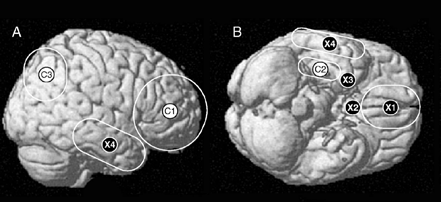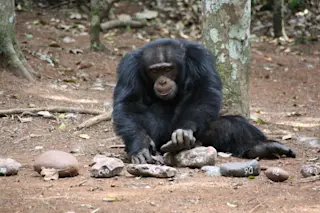"A world without memory is a world of the present," Alan Lightman wrote in Einstein's Dreams. "The past exists only in books, in documents. In order to know himself, each person carries his own Book of Life, which is filled with the history of his life...Without his Book of Life, a person is a snapshot, a two-dimensional image, a ghost."
Most people would probably agree with Lightman. Most people think that our self -knowledge exists only through the memories we have amassed of our selves. Am I a kind person? Am I gloomy? To answer these sorts of questions, most people would think you have to open up some internal Book of Life. And most people, according to new research, are wrong.
Neuroscientists would call Lightman's Book of Life episodic memory. The human brain has a widespread system of neurons that store away explicit memories of events, which we can ...














